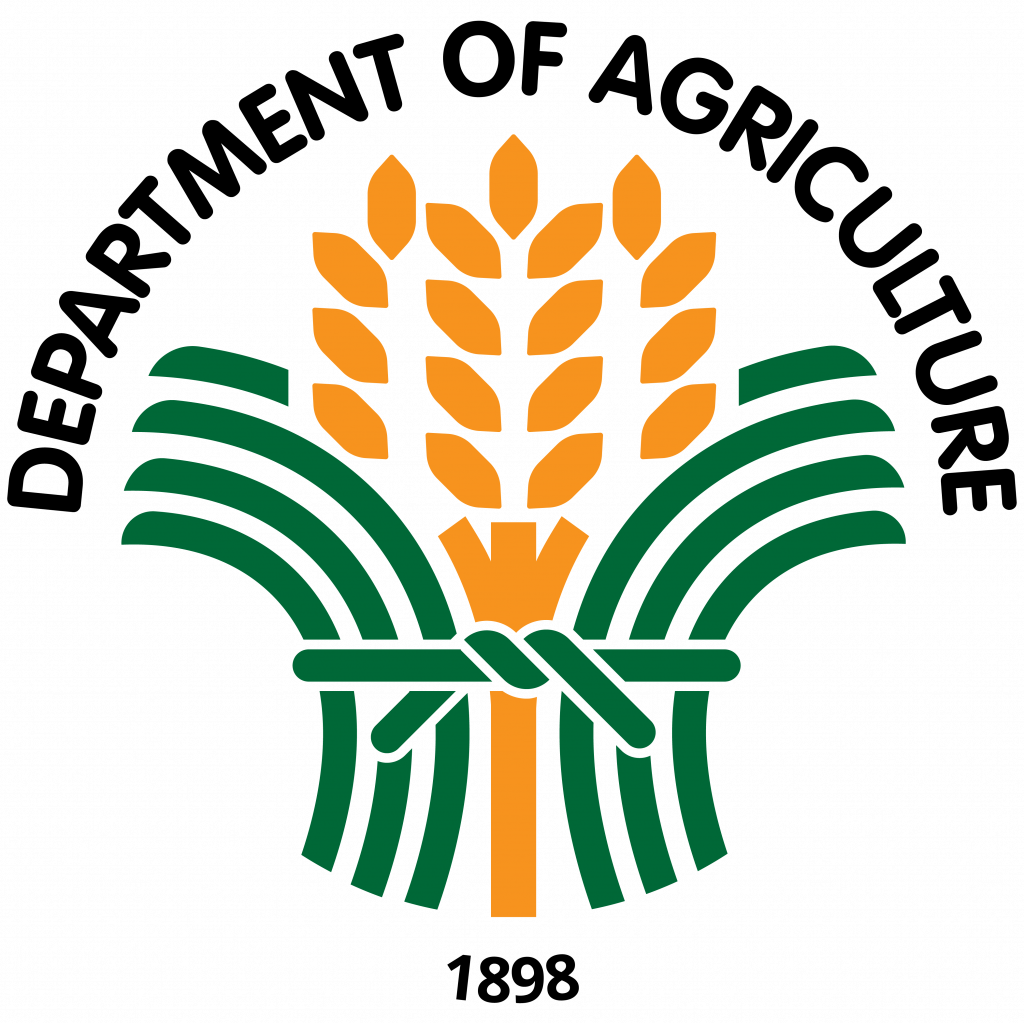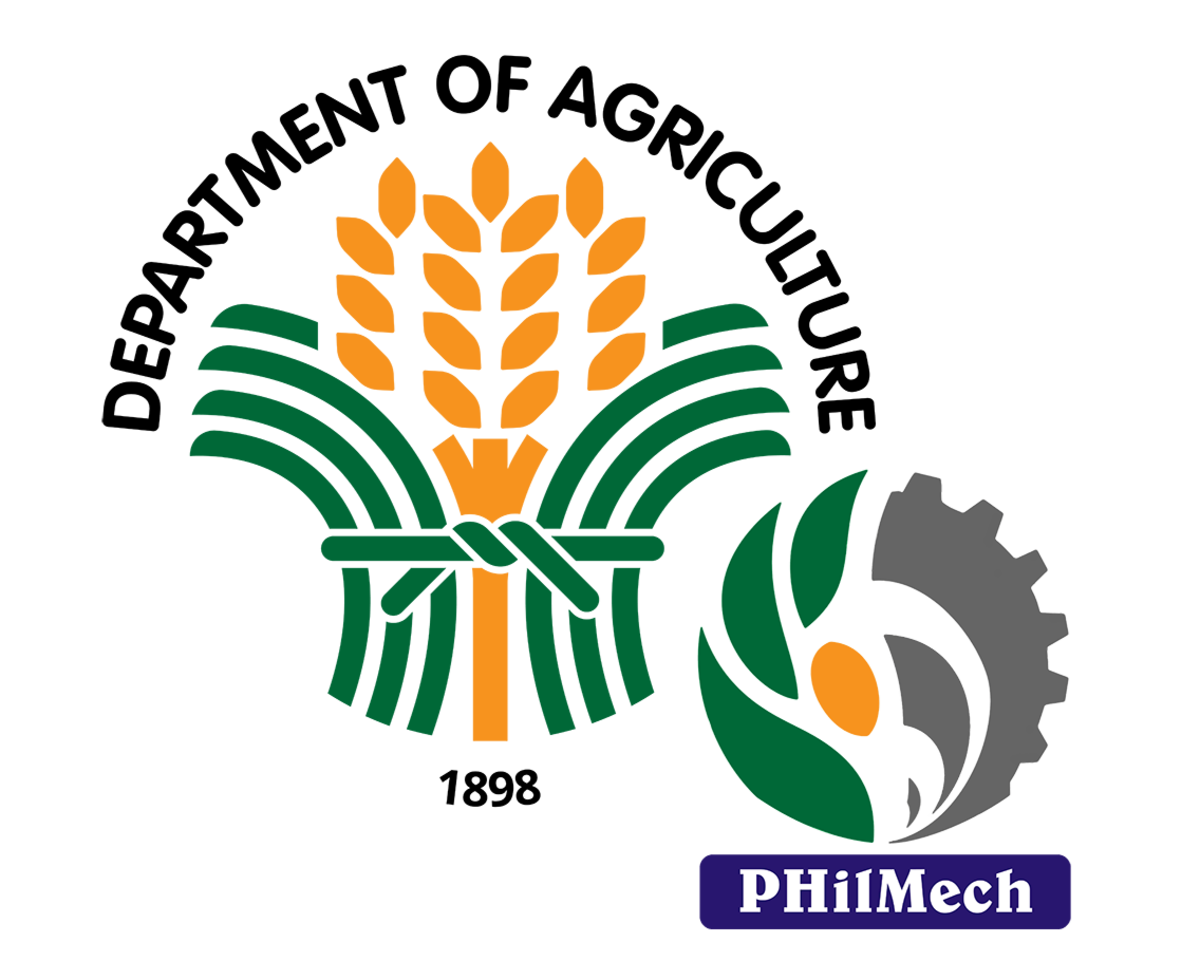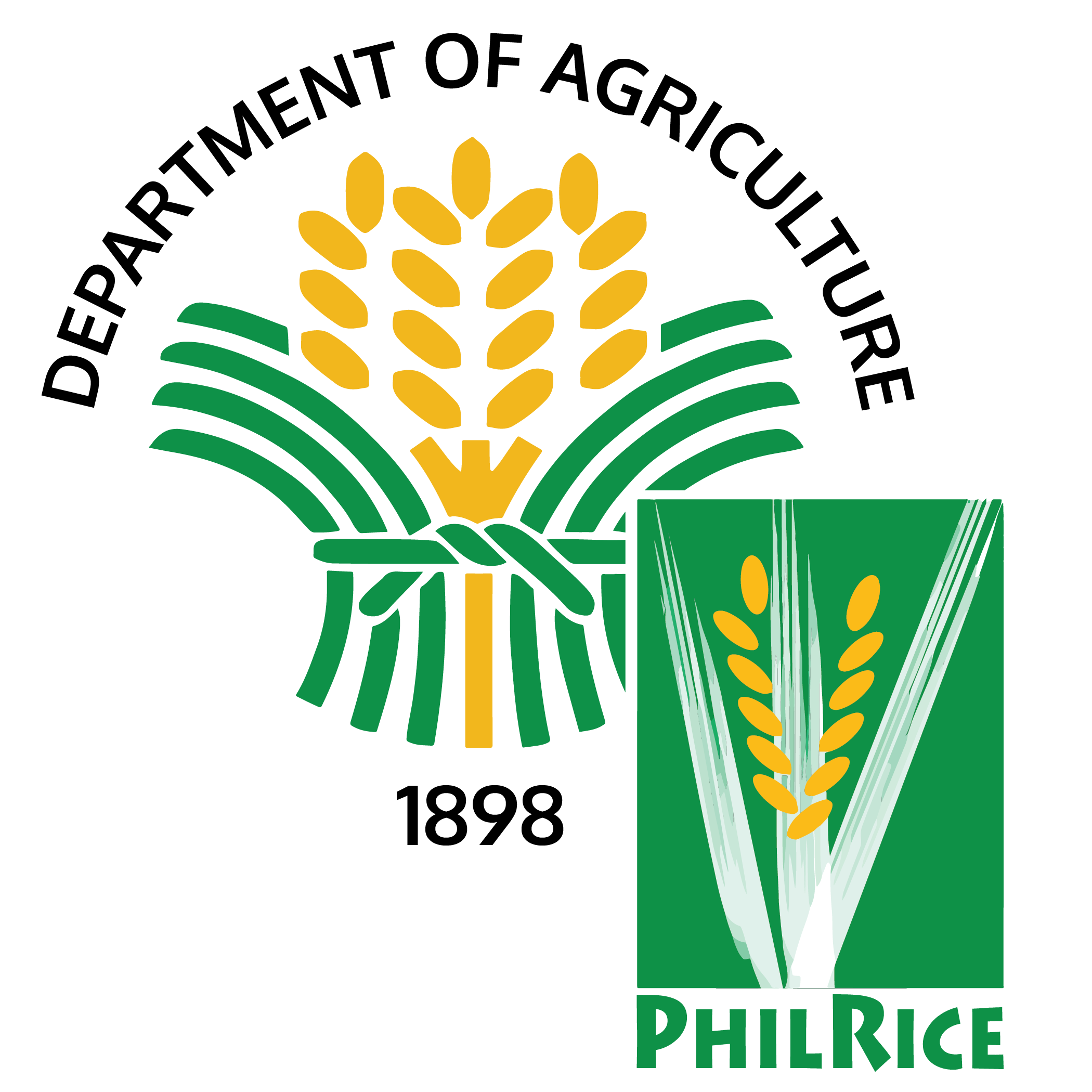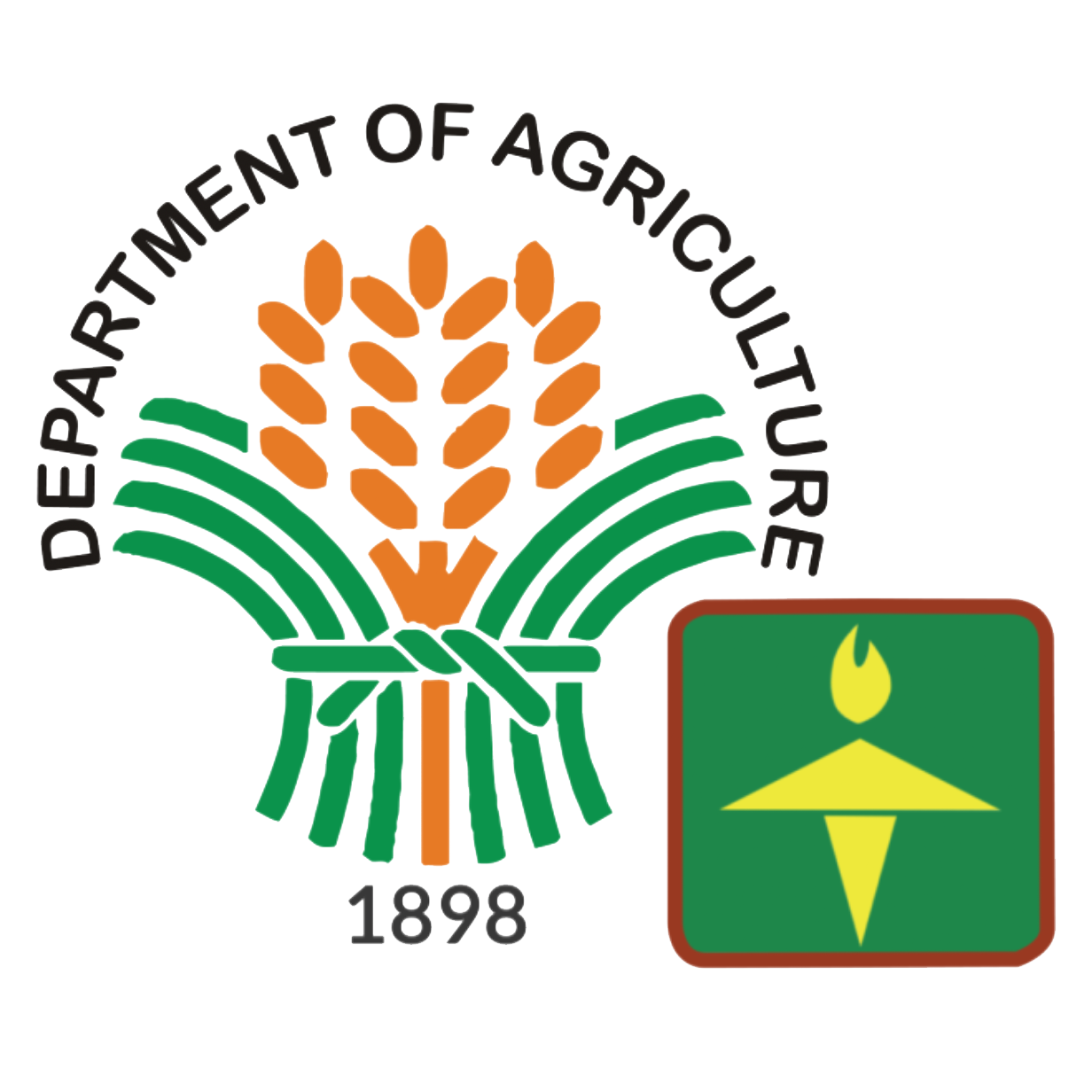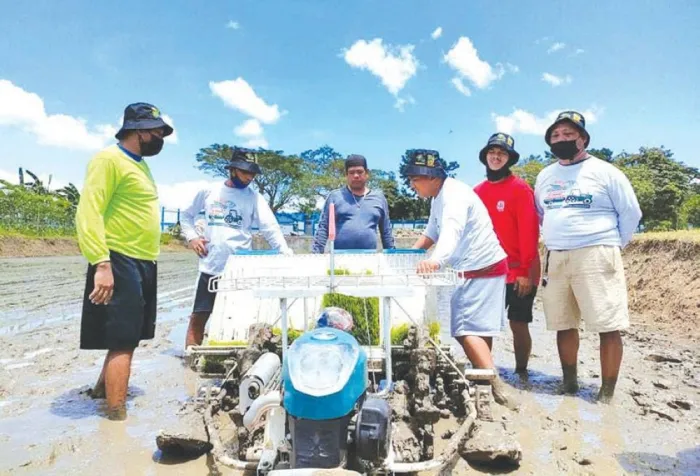
A total of 77,052 beneficiaries from 57 provinces benefited from the knowledge gained from training and other capability-enhancement initiatives of the Rice Competitiveness Enhancement Fund – Rice Extension Services Program (RCEF-RESP) in 2021 spearheaded by the Department of Agriculture-Agricultural Training Institute (DA-ATI).
Since the enactment of Republic Act 11203, or the Rice Tariffication Law, in 2019 to 2021, a total of 4,968 batches of trainees were trained under the RCEF-RESP involving 120,580 participants.
The training programs were focused on the production of inbred rice and seed, farm mechanization, and other relevant skills. The extension services were implemented by the DA-ATI and its other attached agencies, particularly the Philippine Rice Research Institute (PhilRice), and Philippine Center for Postharvest Development and Mechanization (PHilMech), along with the Technical Education and Skills Development Authority (TESDA).
The breakdown of 2021 beneficiaries is as follows: rice and machine specialists (237); trainers (5,852); farmers, farmworkers, and their dependents (69,566) who are listed in the Registry System for Basic Sectors in Agriculture (RSBSA); and other extension intermediaries (1,397) such as seed growers, analysts, and inspectors.
“Nang dahil sa Minus One Element Technique (MOET) na natutunan ko sa training ng RCEF, nakatipid ako ng P1,800 sa isang ektarya kong taniman (Because of MOET that I learned from the training, I was able to save P1,800 per hectare in our one-hectare farm),” said Luis Gapasangra, a farmer-beneficiary from Mauban, Quezon.
“Dati, basta may pera, bibili at magsasabog ng pataba. Para kaming nagsasabog ng pera. Hindi pala dapat ganoon. Ngayon, alam na namin ang mga pamamaraan kung saan kami makatitipid (Before, for as long as I have money, I buy and disperse fertilizer. It was like dispersing money also. That was not the right thing to do. Now, we know what to do and where we can reduce costs),” he added.
Complemented by TESDA scholarships program
The training for the farmers, farmworkers, and their dependents is complemented with Tesda scholarship programs. The courses include the season-long Farmer Field School (FFS) on production of high-quality inbred rice, seed certification, and farm mechanization; rice machinery operation; drying, and milling plant servicing; small engine servicing; agroentrepreneurship; and bookkeeping.
To widen the reach of the scholarship programs, farm schools were developed and tapped to deliver many of these training courses. In 2021, 63 farm schools were established and 54 existing ones were enhanced nationwide.
Aside from training activities, the RCEF-RESP implementing agencies develop and distribute information, education, and communication materials and conduct knowledge sharing and learning events in various platforms to reach more farmers and extension intermediaries especially with the pandemic that restricted face-to-face interactions.
Over 1.2 million copies of reading materials on different rice-related technologies, such as the PalayCheck Primer, Gabay sa Pagpapalay, and RCEF Farmers Guide were distributed nationwide. Additionally, 25 information hubs were established among the different model farmers’ cooperatives and associations (FCAs) to provide free access to localized and comprehensive materials.
“The information materials are a big help as they contain everything we need to know from planting to harvesting. We are guided on rice farming through these materials,” Emma Lesaso of Zamboanga del Sur said.
Meanwhile, over 3,000 FCAs were also assisted in terms of enterprise development. The assistance enabled farmers to improve their business ventures and farm operations.
“Malaki ang naitulong sa aming asosasyon [ng RCEF], unang una dahil mura na ang aming bayad sa renta sa mga makinarya at dahil din dito, magagamit na namin ang aming natutunan sa mga training at seminar. Malaki ang posibilidad na 100 percent na aangat ang mga magsasaka (RCEF gas benefited our association, firstly because the rent we pay for machines is not expensive and because of that, we are able to apply what we learned from the seminars. There is also the 100-percent possibility that the farmers’ welfare will be uplifted,” said Marilyn Sumawit, president of Maslog Integrated Farmers Association in Tandag, Surigao del Sur.
By 2022, the RCEF-RESP is set to hold 2,298 batches of training activities for over 59,400 farmers, extension intermediaries, and other stakeholders.
A total of 51,500 Tesda scholarship slots are also available this year while over 3,000 FCAs will receive assistance for enterprise development from the different implementing agencies.
The RCEF-RESP is a component of Republic Act 11203 or the Rice Tariffication Law authored by Sen Cynthia A. Villar. The RTL allocates P1 billion every year to enhance capacities of rice farmers to become competitive in rice production. For more information about the program, queries can be sent thru DA-ATI (0920 946 2474). (Special Features, The Manila Times)
